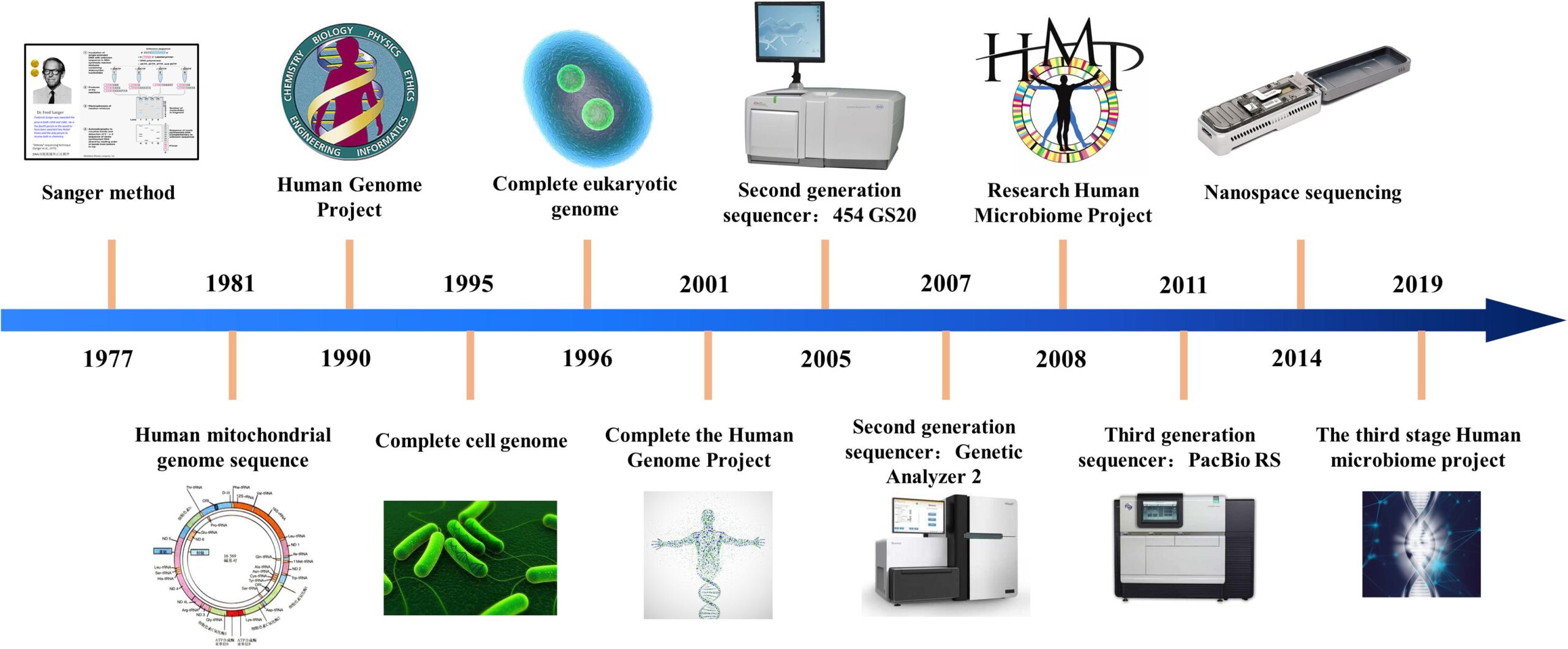History of Technology – Technological advancement has been a key factor in shaping the world we live in today. From the wheel to the internet, technology has changed the way we live, work and communicate with each other. The history of technology is a fascinating journey that spans over thousands of years. In this article, we will take a look at the major technological advancements throughout history and how they have transformed our lives.
Introduction
The history of technology dates back to ancient times when humans first started using tools for hunting and farming. The invention of the wheel was a major milestone that revolutionized transportation and trade. The industrial revolution in the 18th and 19th centuries brought about significant changes in manufacturing and production. The 20th century saw the rise of electronics and computers, leading to the digital age we are in today.
The Ancient Period
During the ancient period, humans used simple tools made of stone, wood, and bone. The invention of the wheel, around 3500 BCE, was a major breakthrough that revolutionized transportation and trade. The discovery of metals like copper and bronze led to the development of more advanced tools and weapons. The ancient Greeks made significant contributions in the field of mathematics, astronomy, and medicine.
The Invention of Writing
The invention of writing around 4000 BCE marked a significant milestone in human history. Writing enabled people to record their ideas, thoughts, and stories, leading to the development of literature and the preservation of history.
The Age of Empires
The Age of Empires marked a significant period in human history. The development of agriculture led to the growth of civilizations, such as Mesopotamia, Egypt, and Indus Valley. These civilizations made significant contributions in the fields of architecture, engineering, and mathematics.
The Middle Ages
The Middle Ages marked a period of social, political, and economic change in Europe. The development of Christianity and Islam led to significant changes in art, architecture, and education.
The Renaissance
The Renaissance marked a period of intellectual and cultural rebirth in Europe. The invention of the printing press by Johannes Gutenberg in the 15th century revolutionized the way books were produced and distributed. The Renaissance also saw significant advances in art, music, and literature.
The Industrial Revolution
The Industrial Revolution marked a period of significant changes in manufacturing and production. The invention of the steam engine by James Watt in the 18th century revolutionized transportation and led to the growth of the textile industry.
The Second Industrial Revolution
The Second Industrial Revolution, which began in the late 19th century, marked a period of significant technological advancement. The invention of the telephone by Alexander Graham Bell, the development of electricity, and the rise of mass production transformed the way people lived and worked.
The Information Age
The 20th century saw the rise of electronics and computers, leading to the information age we are in today. The invention of the transistor by William Shockley in the 1940s revolutionized electronics, leading to the development of microprocessors and integrated circuits.
The Internet Age
The internet age, which began in the late 20th century, revolutionized the way people communicate and access information. The invention of the World Wide Web by Tim Berners-Lee in 1989 made it possible to access and share information from anywhere in the world.
Conclusion
The history of technology is a fascinating journey that spans over thousands of years. From the invention of the wheel to the internet, technology has transformed the way we live, work and communicate with each other. The future of technology is exciting, and we can only imagine what new inventions will be created in the years to come.
FAQs
- Who invented the printing press?
- Johannes Gutenberg invented the printing press in the 15th century.
- What was the significance of the Industrial Revolution?
- The Industrial Revolution brought significant changes in manufacturing and production, leading to the growth of the textile industry and revolutionizing transportation with the invention of the steam engine.
- Who invented the transistor?
- William Shockley invented the transistor in the 1940s.
- Who invented the World Wide Web?
- Tim Berners-Lee invented the World Wide Web in 1989.
- What are some technological advancements we can expect in the future?
- Some of the potential technological advancements in the future include artificial intelligence, quantum computing, renewable energy sources, and space exploration.
- How has technology impacted society?
- Technology has had a profound impact on society, improving communication, transportation, medicine, and entertainment. It has also led to social and economic changes, such as the rise of e-commerce and remote work.
- What is the most significant technological invention of all time?
- It is difficult to determine the most significant technological invention of all time, as different inventions have had varying impacts on human history and society. However, some of the most impactful inventions include the wheel, the printing press, electricity, the telephone, and the internet.
- What is the role of technology in modern society?
- Technology plays a critical role in modern society, enabling us to communicate, work, learn, and entertain ourselves in new and innovative ways.
- How has the pace of technological advancement changed over time?
- The pace of technological advancement has increased significantly in recent years, with new inventions and innovations emerging at an unprecedented rate. However, technological progress has not always been linear, and there have been periods of stagnation and regression throughout history.




